As of January, you are commander of the EU's mission (EUFOR Althea) in Bosnia and Herzegovina for one year. What do we need to know about your career so far? Why were you chosen for this position?
I began my military career at the military college in Eger and subsequently continued my education at the Kossuth Lajos Military College. I earned a Master's Degree in Military Leadership from the Zrinyi Miklos University of National Defense, followed by a Ph.D. In 2015, I completed the NATO Defense Academy's Strategic and Senior Leadership Training. During my first assignment, as a mechanized rifle officer, I served as platoon commander. Later, progressing through various roles, including company commander and battalion chief, I led a mechanized rifle battalion. Prior to my appointment as EUFOR Operations Commander, I already gained experience in Balkan missions at the Joint Operations Center at NATO's headquarters in Kosovo. From 2003 to 2006, I also served as an international force planner at NATO headquarters in Belgium. Subsequently, I applied this knowledge in defense planning at the Hungarian Defense Ministry, and later at the headquarters of the Hungarian Defense Forces.
I also served as deputy commander of the Hungarian Defense Forces Health Center, then as the institution's chief of staff, and in 2022 I was appointed Head of the Hungarian Defense Forces Modernization and Transformation Command. I am now leaving this post to head the forces in Bosnia and Herzegovina for the one year Hungarian command.
I believe that the Defense Ministry and the leadership of the Hungarian Defense Forces have entrusted me with this mission based on my knowledge and experience, deeming me suitable and qualified for the role.
What exactly is this military operation about?
Operation EUFOR Althea is the EU's largest military operation which took over NATO's peacekeeping role in Bosnia and Herzegovina on December 2, 2004.
Operating under an annually renewable mandate from the United Nations, EUFOR focuses on supporting the training and development of the armed forces in Bosnia and Herzegovina in alignment with NATO standards. It serves as a deterrent force while fulfilling responsibilities under the Dayton Agreement that brought an end to the war in Bosnia, aiding local authorities and organizations in maintaining a peaceful and secure region. The overarching goal is to contribute to the EU's long-term objective of guiding Bosnia and Herzegovina toward EU membership, fostering stability, viability, peace, and multi-ethnicity in collaboration with neighboring countries. Therefore, EUFOR plays a supportive role: it assists the authorities, organizations and military forces in Bosnia and Herzegovina, since its authorities and citizens are primarily responsible for a given country.
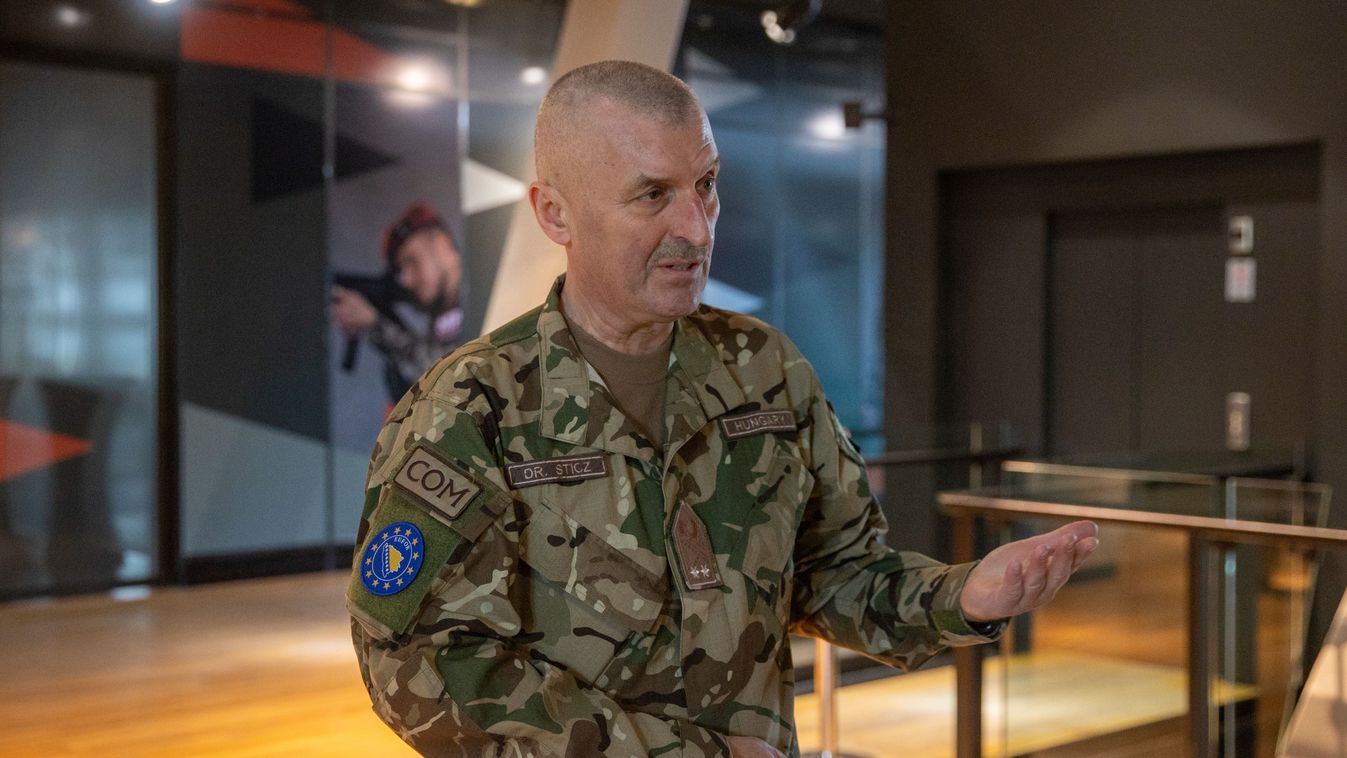
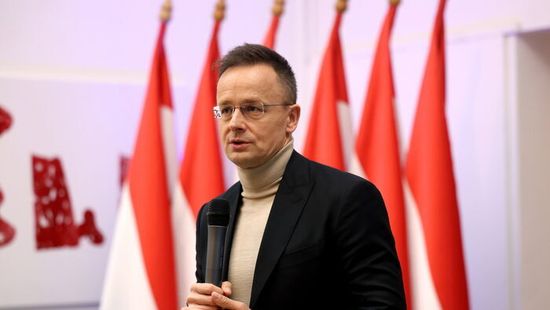
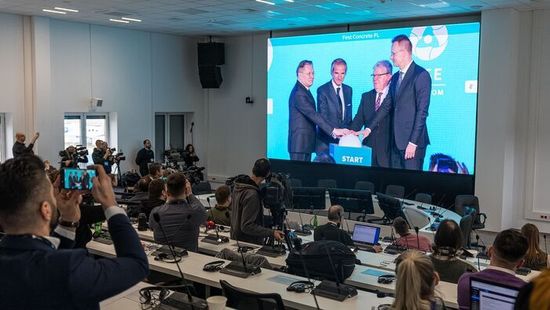
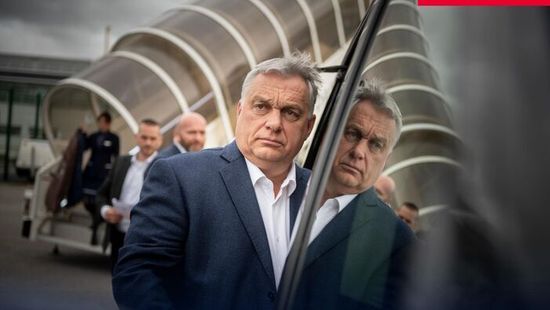
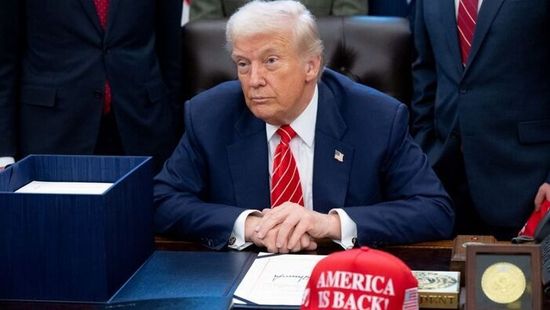


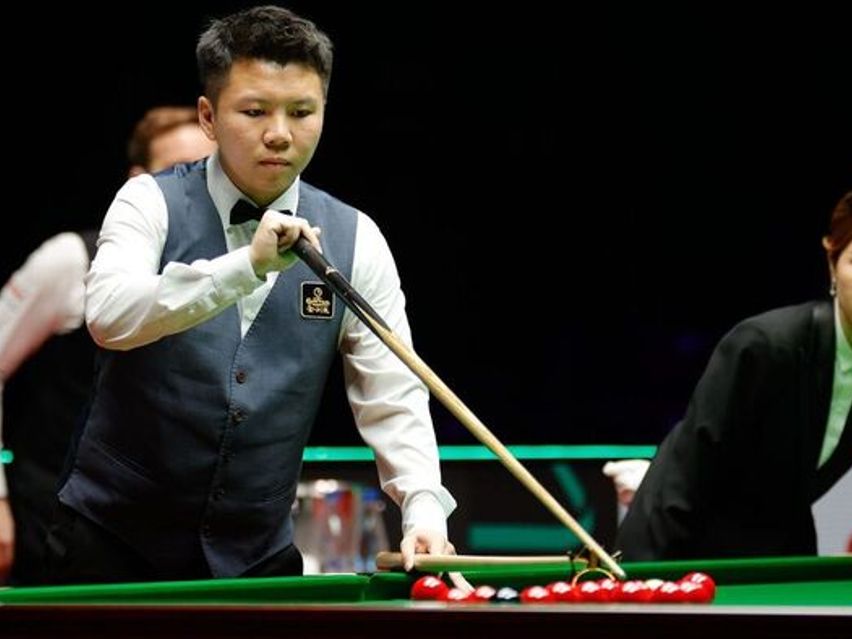
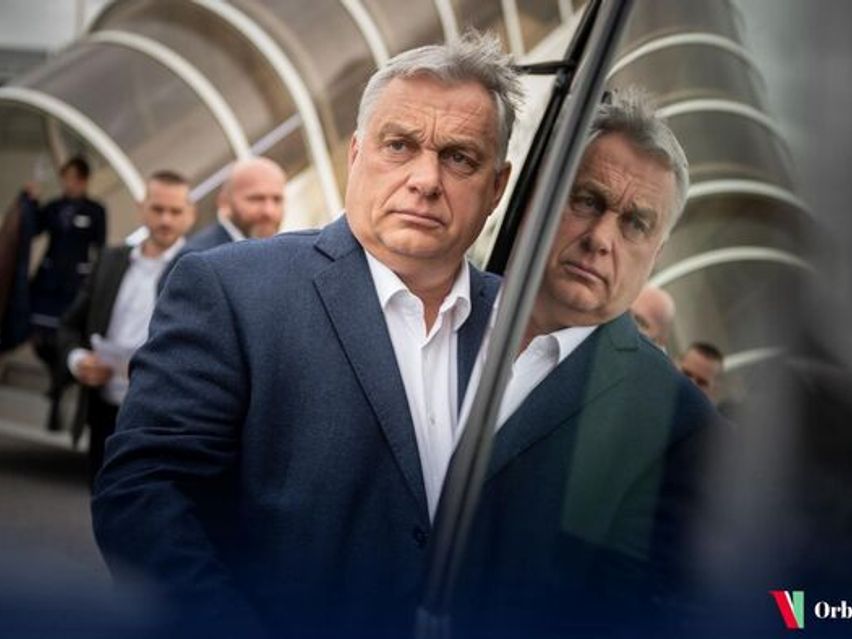



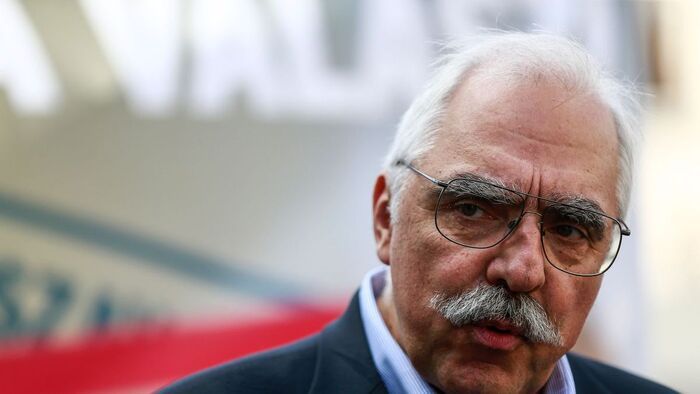
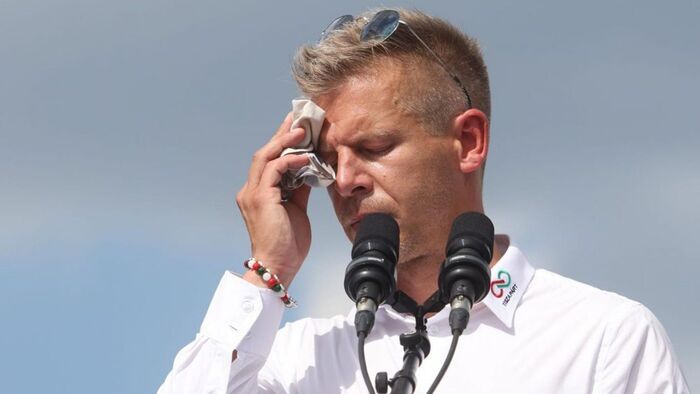
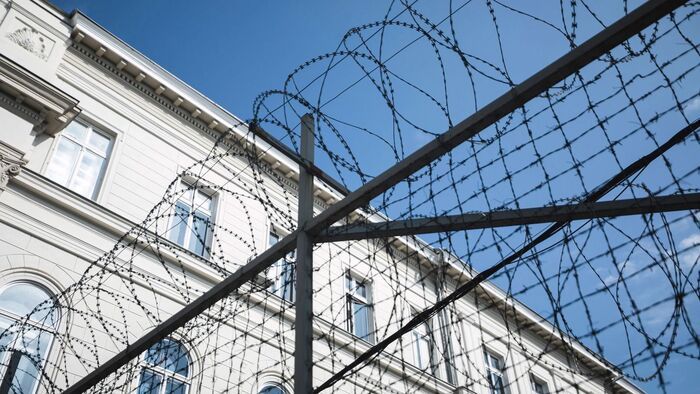
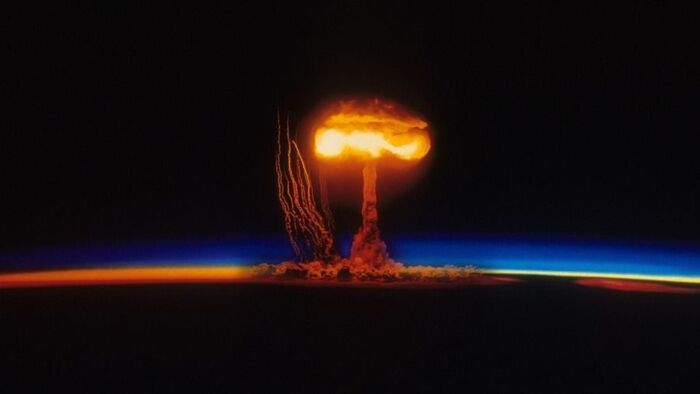
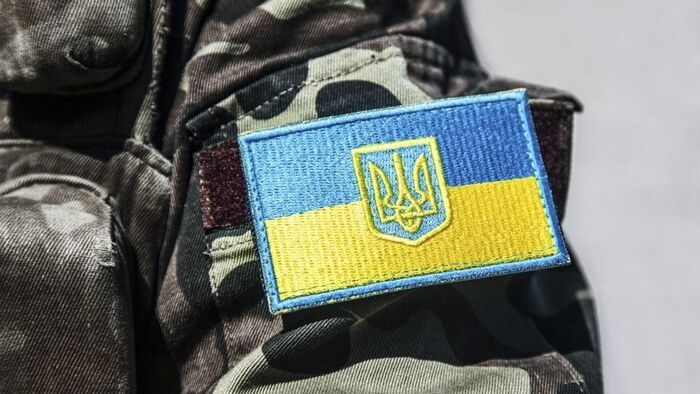
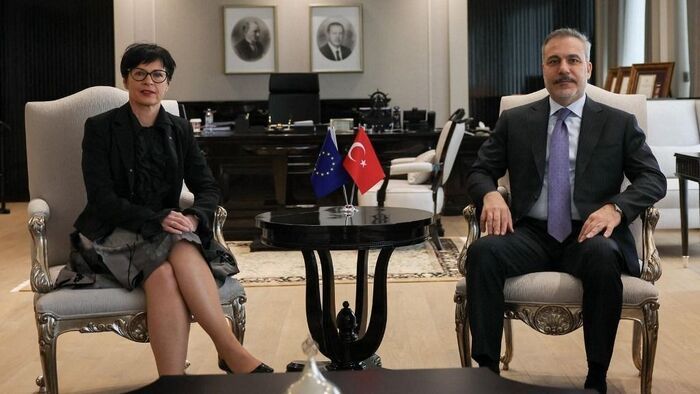
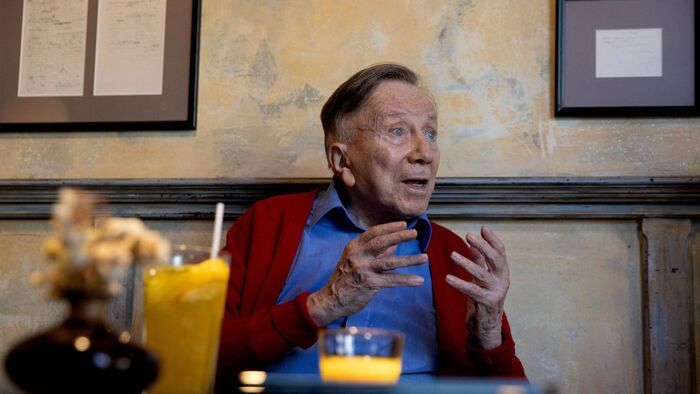

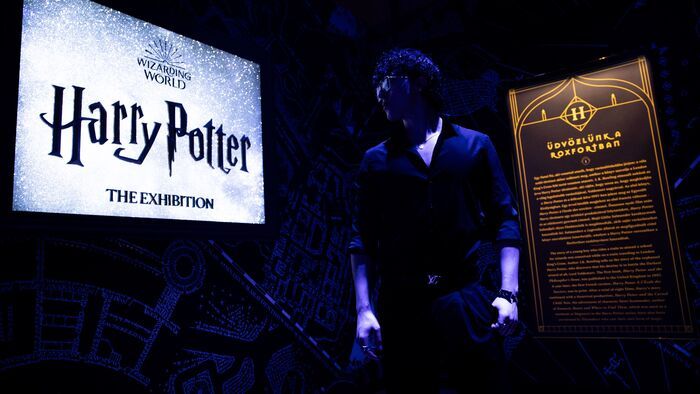

Szóljon hozzá!
Jelenleg csak a hozzászólások egy kis részét látja. Hozzászóláshoz és a további kommentek megtekintéséhez lépjen be, vagy regisztráljon!